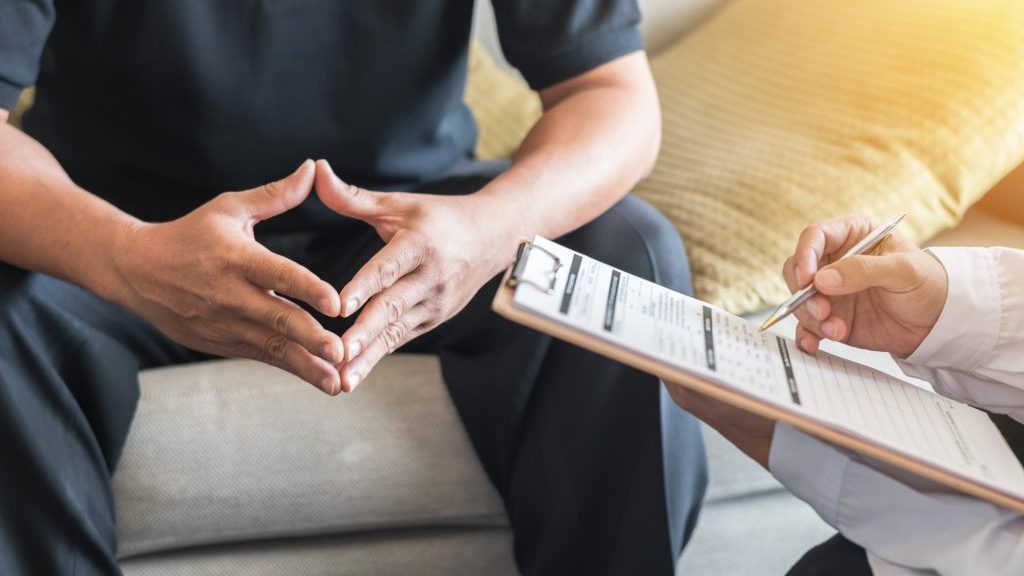When Melissa Murkar, occupational health and safety manager at Menkes, walks a jobsite, she asks workers two simple questions: How are you doing? And are you OK?
“With those two questions you’ll know if someone needs your support and your help and guidance to getting the medical attention and support system that they need in their lives,” she said during the Residential Construction Council of Ontario’s fifth annual Mental Health and Addictions webinar, held recently.
“We need to be mindful and respectful of how we speak to people because you don’t know what’s going on with them, both on the inside and with their home life. But when you ask those two simple questions, I find the reaction is tremendous. I’ve had people just start crying in front me.”
She recalled one particular worker when she asked him that question.
“He was in a suite by himself and all of a sudden he just started crying and I was like, ‘Oh my goodness what’s going on?’” she described. “We spoke for a good two-and-a-half hours and from that and being able to relate to what he was experiencing and the emotions that he was feeling he felt a sense of comfort.”
About 16 years ago Murkar was diagnosed with depression, anxiety and panic attacks.
“You always think that you’re OK, nothing’s wrong, and then you have that so to speak knock down one day and have to be taken to the hospital,” she told the webinar audience. “When you walk out of there…you feel like you have failed as an individual. That’s the feeling that I had when I was first diagnosed.”
Over the years she has become more open to discussing her experience and has become known for being approachable and understanding as she has struggled with mental illness herself.
“I always stress to many people that I talk to both on a work level and a social level, it’s OK not to be OK,” she said. “It’s OK to admit it. It’s OK to ask for help.
“I think that’s what a lot of people do feel when they’re around me is a sense of comfort because I can relate first-hand to what they are going through.”
Once she knows someone is struggling, she is able to provide different resources for them, whether that’s the Centre for Addiction and Mental Health (CAMH) or a local hospital.
“A lot of people don’t realize that you can go to a local emergency department. When you go in there you stress to the triage nurse that you are having mental health issues and that you need to speak to the crisis response team,” she said. “They have a system that you have to follow and eventually you do meet up with a psychiatrist that’s on call and you do get the help that you need.”
She shared a story about a recent incident that occurred on one of their sites.
“Recently, I had an employee within our company that I got a phone call from one of our superintendents and the Toronto Police Service because he was wanting to jump off of one of our buildings,” she said.
“We went to CAMH and it was a process but he got the help that he needed…I still work with him very closely and it’s interesting because whenever he’s having one of those bad days he calls me right away.”
While she is a busy mom of three, she always makes time to talk to individuals who are struggling.
“When I see a certain individual calling, I always pick up the phone because I know that they need my help,” she said. “I have that open door policy.”
Some people, she pointed out, don’t even know they have a mental health issue.
“We’re family, we’re all adults, we’re all human beings,” she said. “When it comes to mental health and wellness, it’s a matter of life and death, so if we can do anything to help someone and to save a life then we will definitely do so.”
Other panel members included Kathy Martin, mental health and wellness specialist with the Infrastructure Health and Safety Association; Lisa Pryce, assistant director with the LIUNA Local 183 Training Centre; and Ginette Battikha, vice-president of people and culture with The Daniel’s Corporation.
Follow the author on Twitter @DCN_Angela







Recent Comments
comments for this post are closed